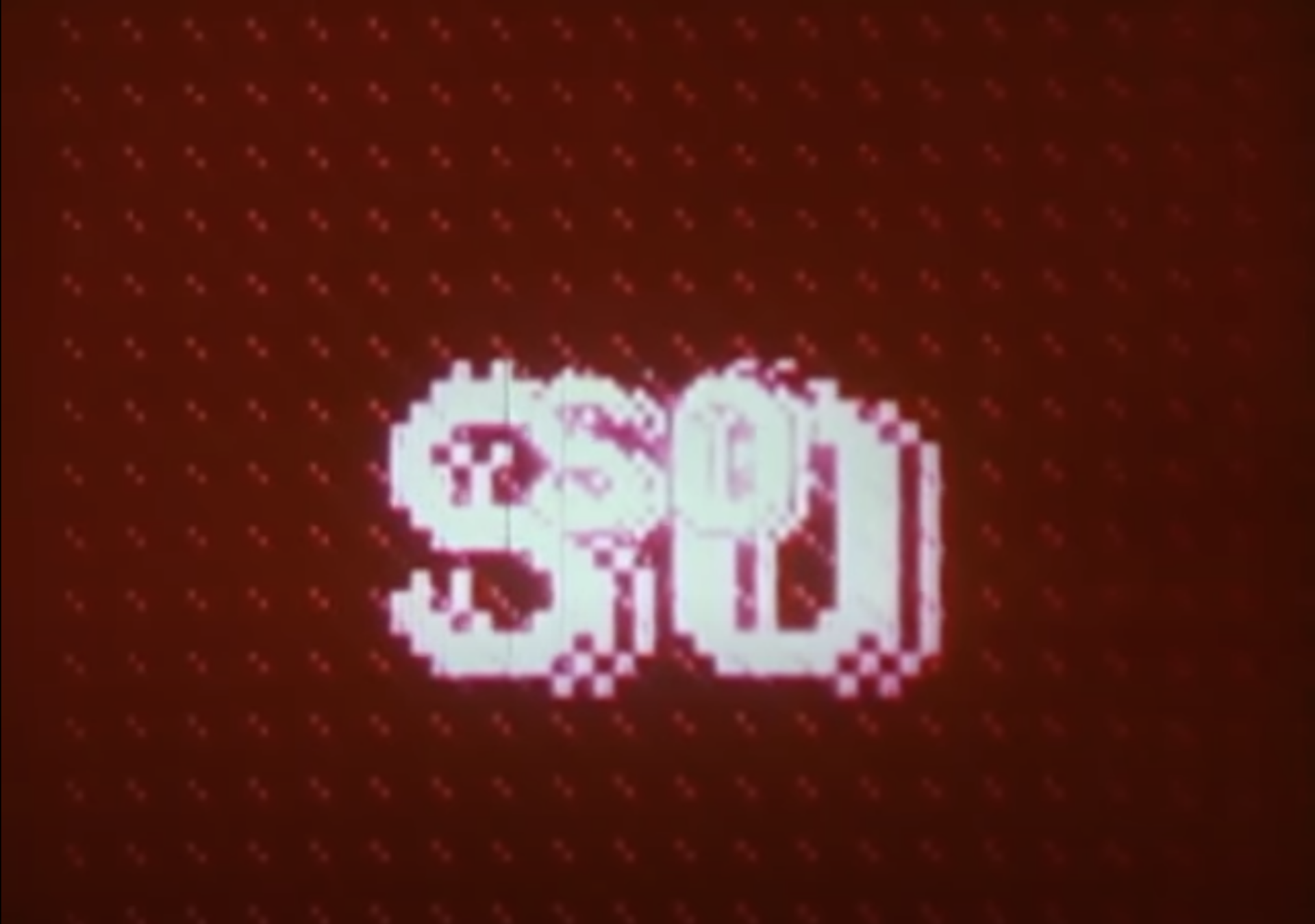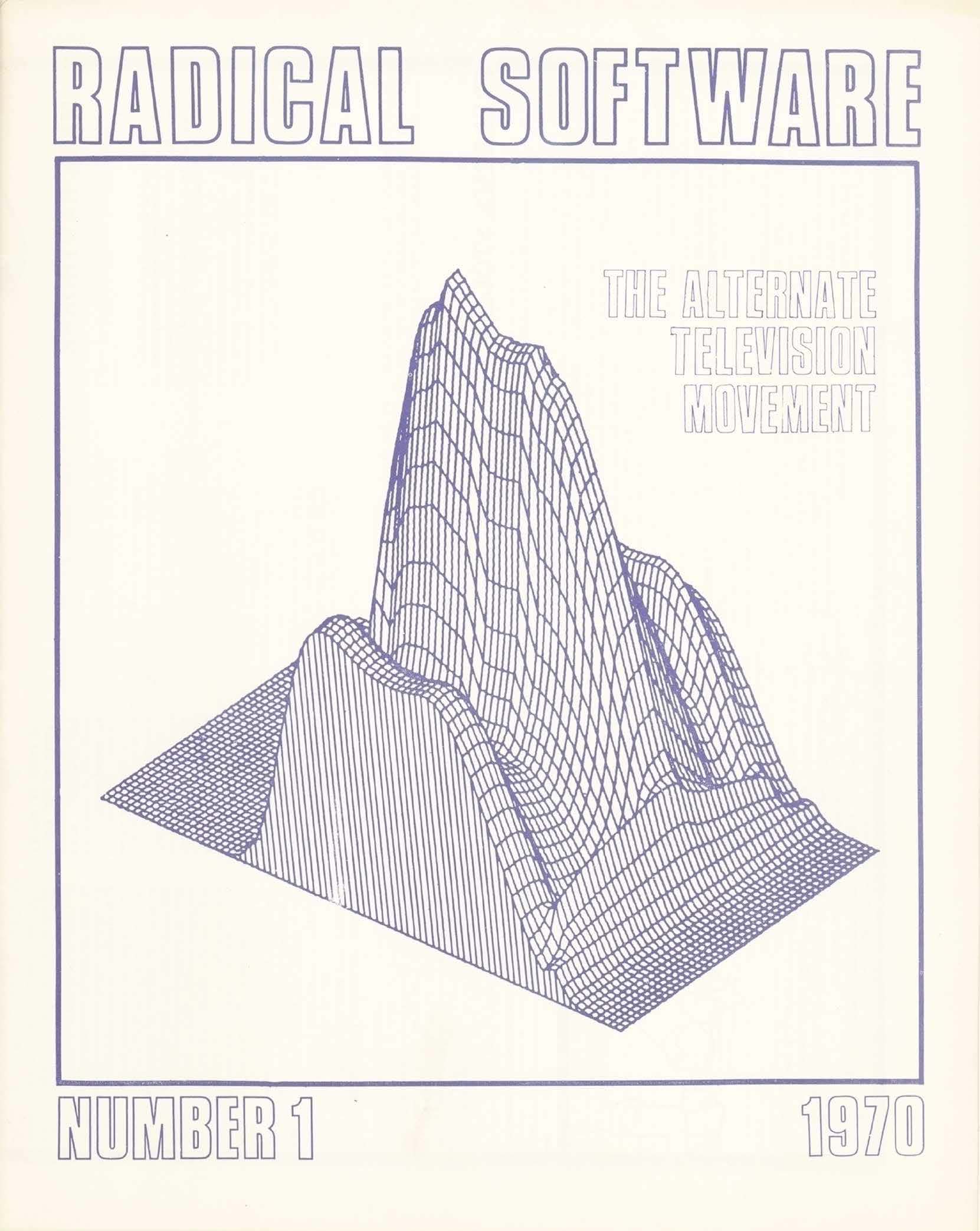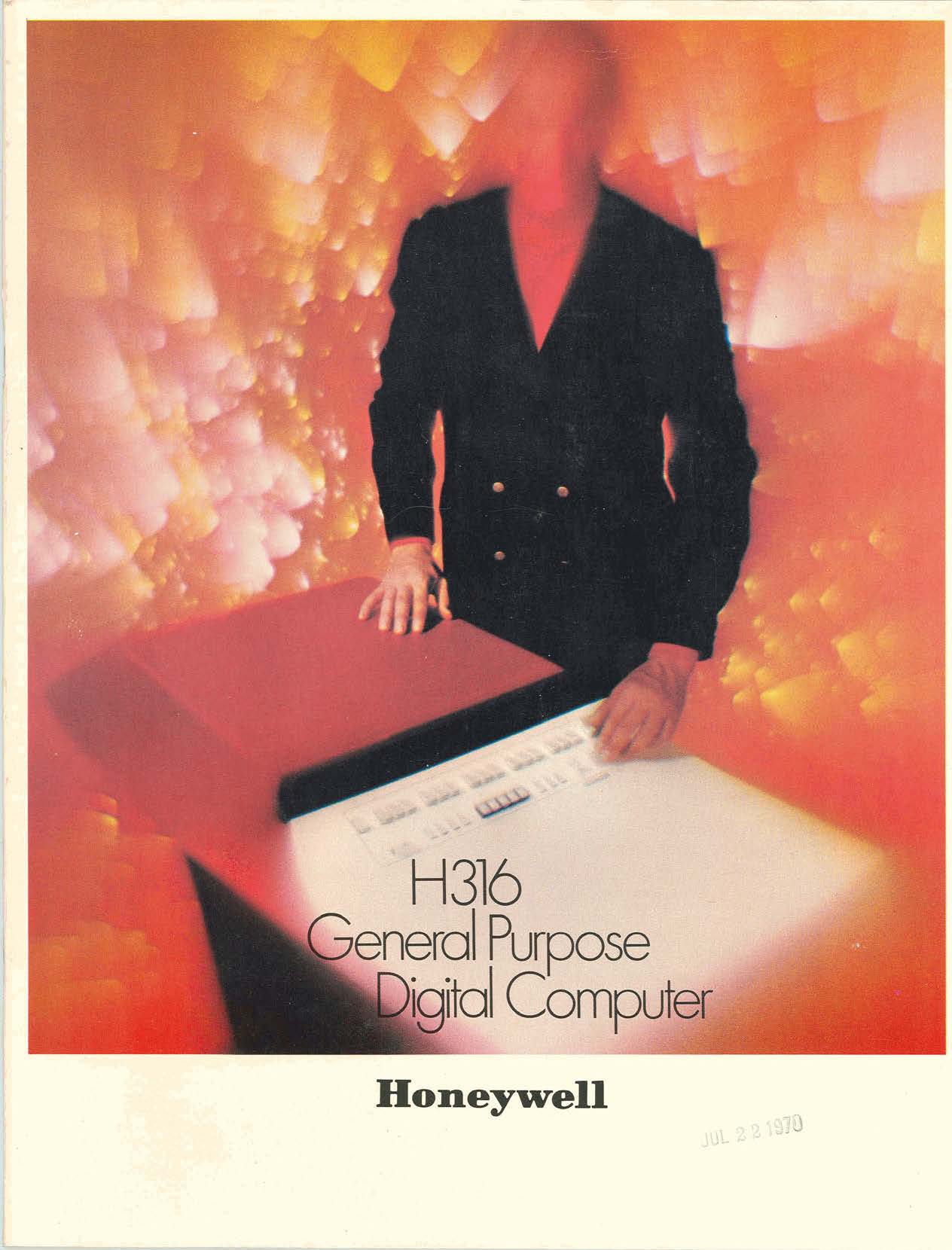
Visualizing Poetry With 1960s Computer Graphics’ by Stan VanDerBeek and Ken Knowlton
While working with a large selection of images, it was important for me to keep track of the source and the year it was published, as well as having shared access with members of the team. For larger PDFs of files, such as magazines that had 300 pages, I’d save the PDF to my hard drive, and select pages that I’d want to convert to JPGs in order to upload to the Dropbox.Something that I was actually looking forward to was searching physical archives, since scrolling on my laptop can be a bit daunting for hours and hours. Having 14 tabs open and re-clicking links I thought I hadn’t open before gets overwhelming, and the idea of diving into a web of endless images online was overwhelming.
The problem with digital archives is that most are directories to physical archives at the specific library, and the few available digitized collections only represent a fraction of what are at physical archives. In order to keep track of all the digital archives I’ve found, I’d compile a list on Notion where it was tagged as Digital Archive, Physical Archive, Website, Podcast, Book, Video, and References (a website referencing online archives to be used). I included the date in which it was added, title, a link, who added it, and a brief description of the source. The more I kept track of archives I had already searched, the more manageable it became. Before, I’d found myself clicking the link over and over again searching for the same key word in hopes of finding something I had missed the last time. By checking off archives that did not provide results and describing why they were useless, it gave a sense of accomplishment, in that I could cross something off a list and move on.
The past week I generally had a hard time narrowing the scope of our project. It seemed to go in a several directions, when it first started off with the history of mainframe computers, emphasizing on how people interacted with machines and how it has affected us as a society. I then had ideas about digital dark ages– in which there is a lack of historical information in the digital age as a direct result of outdated formats, software, or hardware that becomes corrupt, scarce, or inaccessible as technologies evolve and data decay. What would happen if we, as a species, lost access to our electronic records? What if we could no longer access important documents, scientific data, or treasured family photos?
With more research, I discovered that the Museum of Moving Image had an exhibition called “Computer Films of the 1960s“, a 37-minute reel of psychedelic films. Organized by guest curators Leo Goldsmith and Gregory Zinman; it features work of Stan VanDerBeek, Kenneth Knowlton, A. Michael Noll, and John and James Whitney, among others. In the 1960s, computer programmers at IBM, the MIT, and other research labs experimented with computer-generated films. It highlights the interrelationship of science and art, and the collaboration between artists and engineers. These abstract films are usually about new ways of seeing and new forms of sensory engagement with cinema and the world.
I then discovered Radical Software, a journal cofounded by Beryl Korot in 1970 in NYC. It emphasized the relationship between power and control of information, and the importance of freeing television from corporate control. It was also a call to encourage grassroots involvement in creating an information environment exclusive of broadcast and corporate media.

Radical Software Volume 1 1970 Cover Page
In the magazine’s first issue, it states: “Our species will survive neither by totally rejecting nor unconditionally embracing technology—but by humanizing it: by allowing people access to the informational tools they need to shape and reassert control over their lives.”



